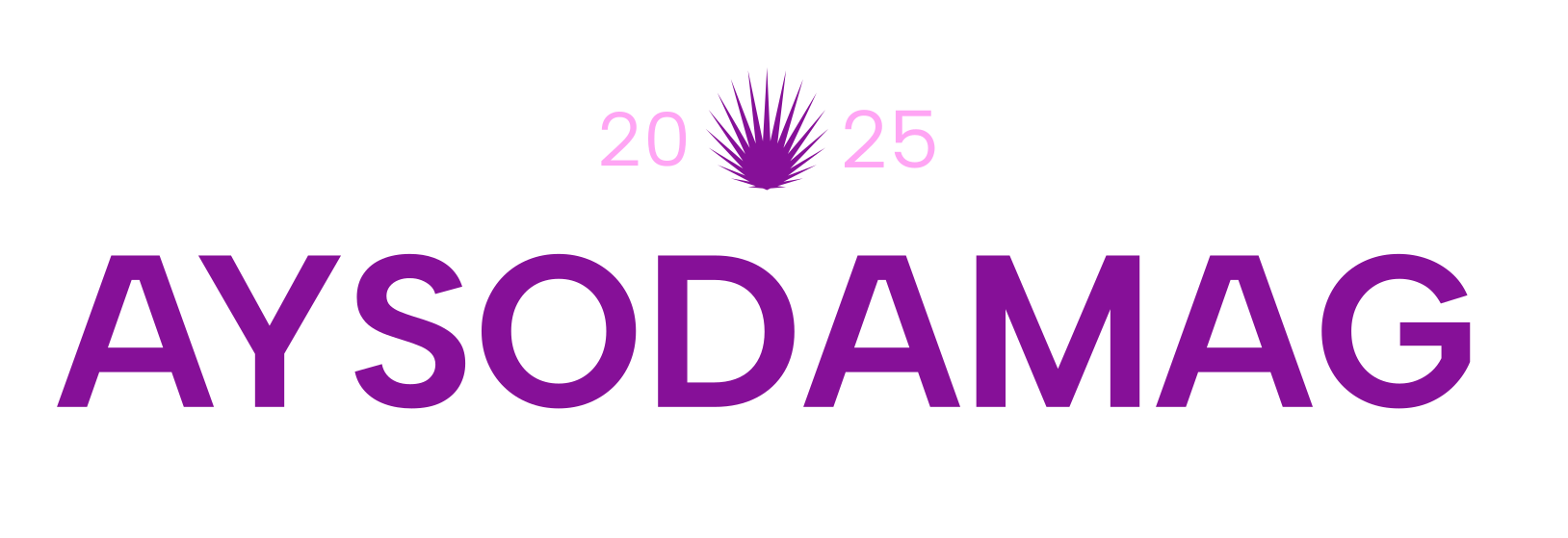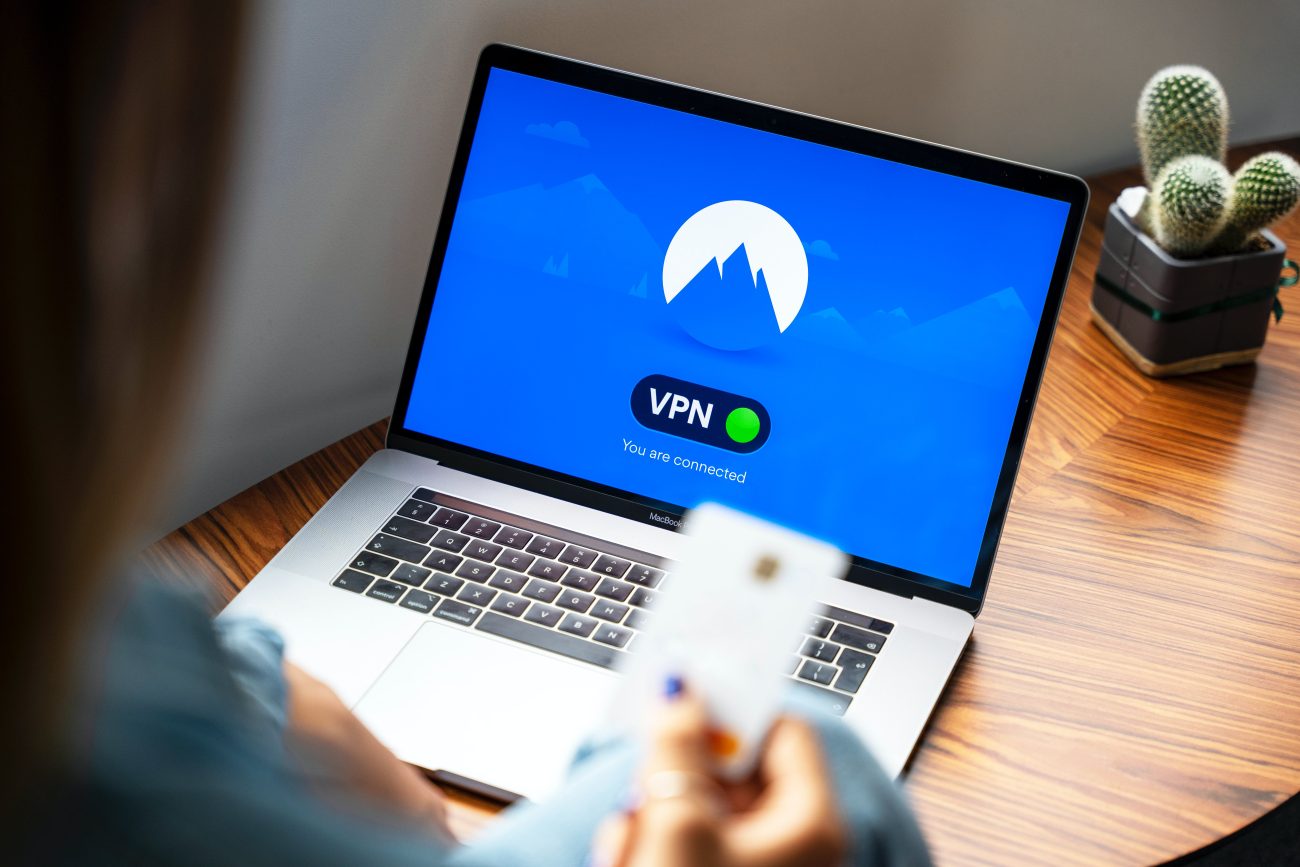In today’s digital world, protecting your personal information has never been more important. Whether you are browsing the web, shopping online, or using public Wi-Fi, your data can be vulnerable to hackers, advertisers, and even government surveillance. This is where VPNs (Virtual Private Networks) come in.
In this comprehensive guide, we’ll explain what a VPN is, how it works, why you need it, and how to choose the right VPN for your needs.
What is a VPN?
A VPN (Virtual Private Network) is a technology that creates a secure, encrypted connection between your device and the internet. Instead of directly connecting to websites or services, your internet traffic is routed through a secure server operated by the VPN provider.
In simple terms: A VPN hides your IP address and encrypts your data, so no one can see what you’re doing online.
Why Do You Need a VPN?
Protect Your Privacy: Prevent ISPs, hackers, and advertisers from tracking your online activities.
Stay Safe on Public Wi-Fi: When using coffee shop or airport Wi-Fi, a VPN keeps your data secure from snoopers.
Access Geo-Restricted Content: Watch Netflix shows, YouTube videos, or websites that are blocked in your region.
Bypass Censorship: A VPN helps you access blocked websites in countries with internet restrictions.
Prevent Bandwidth Throttling: Some ISPs slow down your connection when streaming or gaming; a VPN can stop that.
How Does a VPN Work?
When you connect to the internet through a VPN:
1️⃣ Your data is encrypted (turned into unreadable code).
2️⃣ The data travels through a secure VPN server before reaching the destination website.
3️⃣ The website sees the VPN server’s IP address, not yours.
How to Set Up a VPN
Setting up a VPN is easy! Follow these steps:
1. Choose a Reliable VPN Provider
Some popular VPN services:
-
NordVPN
-
ExpressVPN
-
Surfshark
-
ProtonVPN
-
CyberGhost
👉 Many offer free trials or money-back guarantees.
2. Download the VPN App
Install the VPN app on your device (Windows, macOS, Android, iOS, etc.).
3. Sign In and Connect
Log in to your account, select a server location (e.g., US, UK, Germany), and click “Connect.”
4. Customize Settings (Optional)
You can enable features like:
-
Kill switch: Stops internet if VPN disconnects.
-
Split tunneling: Choose which apps use the VPN.
-
Auto-connect: Start VPN when your device boots up.
Tips for Using VPNs Effectively
✨ Use strong passwords for your VPN account.
✨ Connect to servers close to your location for better speed.
✨ Don’t use free VPNs that log your data — choose trusted providers.
✨ Check your IP on websites like whatismyip.com to confirm your VPN is working.
Common Myths About VPNs
🚫 “VPNs make you 100% anonymous.”
➡ While VPNs improve privacy, other tools like private browsers and good security practices are also important.
🚫 “VPNs slow down your internet a lot.”
➡ A good VPN may slightly reduce speed, but most users won’t notice, especially with high-quality providers.
Conclusion
A VPN is a powerful tool that can greatly improve your online privacy, security, and freedom. With just a few clicks, you can protect your personal information, avoid trackers, and access the content you love — no matter where you are in the world.
Start using a VPN today and take control of your digital privacy!

